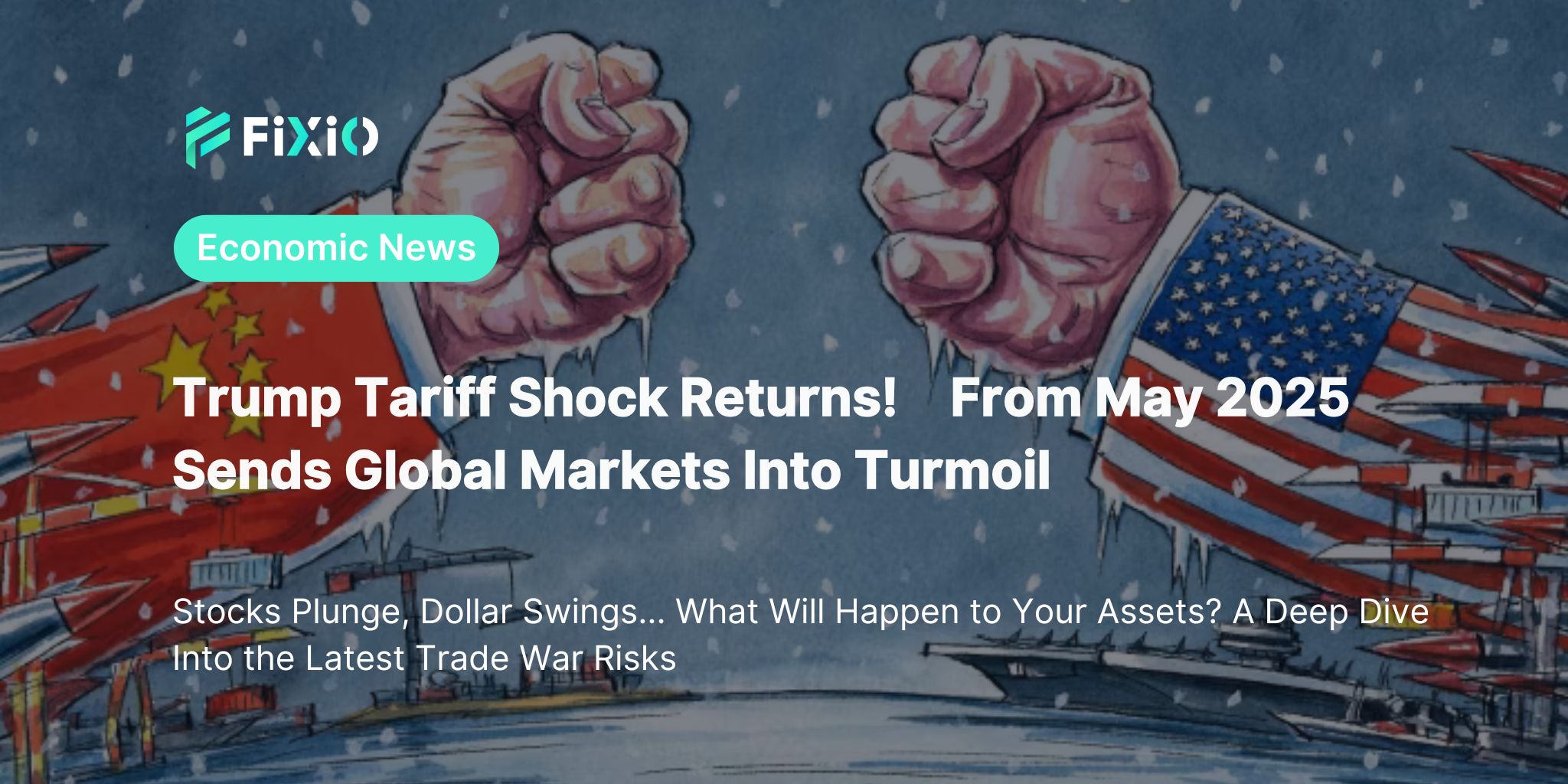
At the end of May 2025, U.S. President Trump announced high tariffs on Apple and the European Union (EU), triggering tensions in global markets. On his social media platform "Truth Social," Trump stated he would impose a 25% tariff on Apple for refusing to manufacture iPhones domestically and recommended a 50% tariff on imports from the EU. Consequently, the Dow Jones Industrial Average dropped 256 points (0.61%), the S&P 500 declined 0.67%, and the Nasdaq fell 1%, with all three major indices trending lower throughout the week.
Following the tariff statements, Dow futures plunged over 600 points, but U.S. Treasury Secretary Scott Bessent expressed optimism, stating that multiple large trade deals would be announced within weeks, leading to a partial recovery in stock prices. However, Trump said at the White House that he was not optimistic about negotiations with the EU, leaving market uncertainty intact.
Trump's tariff proposal significantly raised tariffs from the previous 20% to 50%, escalating trade tensions with Europe. As a result, the fear index (VIX) surged 23% in the morning and remained 8% higher in the afternoon. The dollar index dropped 0.8%, marking its largest decline in about a month. Meanwhile, the safe-haven gold price increased by 2%. (CNBC)
Barclays analysts noted that "the 50% tariff is part of negotiation tactics but raises uncertainty," while Bank of America strategists analyzed that "the market is again wary of tariff risks toward trading partners." (Reuters)
Although tensions eased after the U.S.-China trade deal in May this year, the recent tariff statements toward the EU indicate that policy uncertainty has not yet been eliminated. Citi Group stated that "investors are recalling past tariff shocks and becoming more cautious again." The 90-day tariff suspension period is set to end in July, and investors are closely watching the outlook. (Citi Group)
Scott Ladner, Chief Investment Officer at Horizon Investments, stated, "Depending on Trump's actions, further market instability is possible, but based on past experience, concessions are ultimately expected." (Horizon Investments)
Apple's stock price fell 3% due to tariff threats and has declined about 22% since the beginning of this year. The company's market capitalization slipped below $3 trillion, significantly affecting the S&P 500 index and potentially impacting individual investors' assets through retirement plans and others. (MarketWatch)
Demand for U.S. Treasury bonds decreased, causing the 10-year Treasury yield to fall to 4.51%. Federal Reserve Governor Christopher Waller noted, "Risk-off movements are expanding across U.S. assets." European markets also declined broadly in response to Trump's tariff threats. (Federal Reserve)
President Trump's tariff statements have once again exposed global financial markets to trade war risks, causing significant fluctuations in stocks, currencies, and bond markets. Given potential future trade negotiations and policy developments, investors need to maintain a cautious stance amid expected volatility.
For the latest foreign exchange trading news and analysis, please visit our website: FIXIO Blog
This article provides a comprehensive analysis of the market impact caused by U.S. President Trump's renewed tariff statements at the end of May 2025. It objectively explains the market turmoil across stocks, currencies, and bond markets due to rising trade war risks, incorporating latest market data and expert opinions. Unlike technical analysis, this article focuses on macroeconomic and policy perspectives, offering valuable insights for investors’ risk management. It includes relevant Wikipedia links and credible news sources to enhance trustworthiness and SEO.
Superior trade execution & trading conditions with the NDD method.

The online FX industry provides a platform for investors worldwide to engage in the buying and selling.

Subscribe to our daily newsletter and get the best forex trading information and markets status updates
Trade within minutes!
Comment (0)